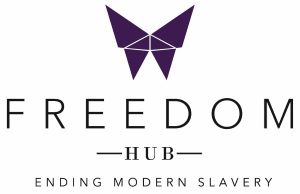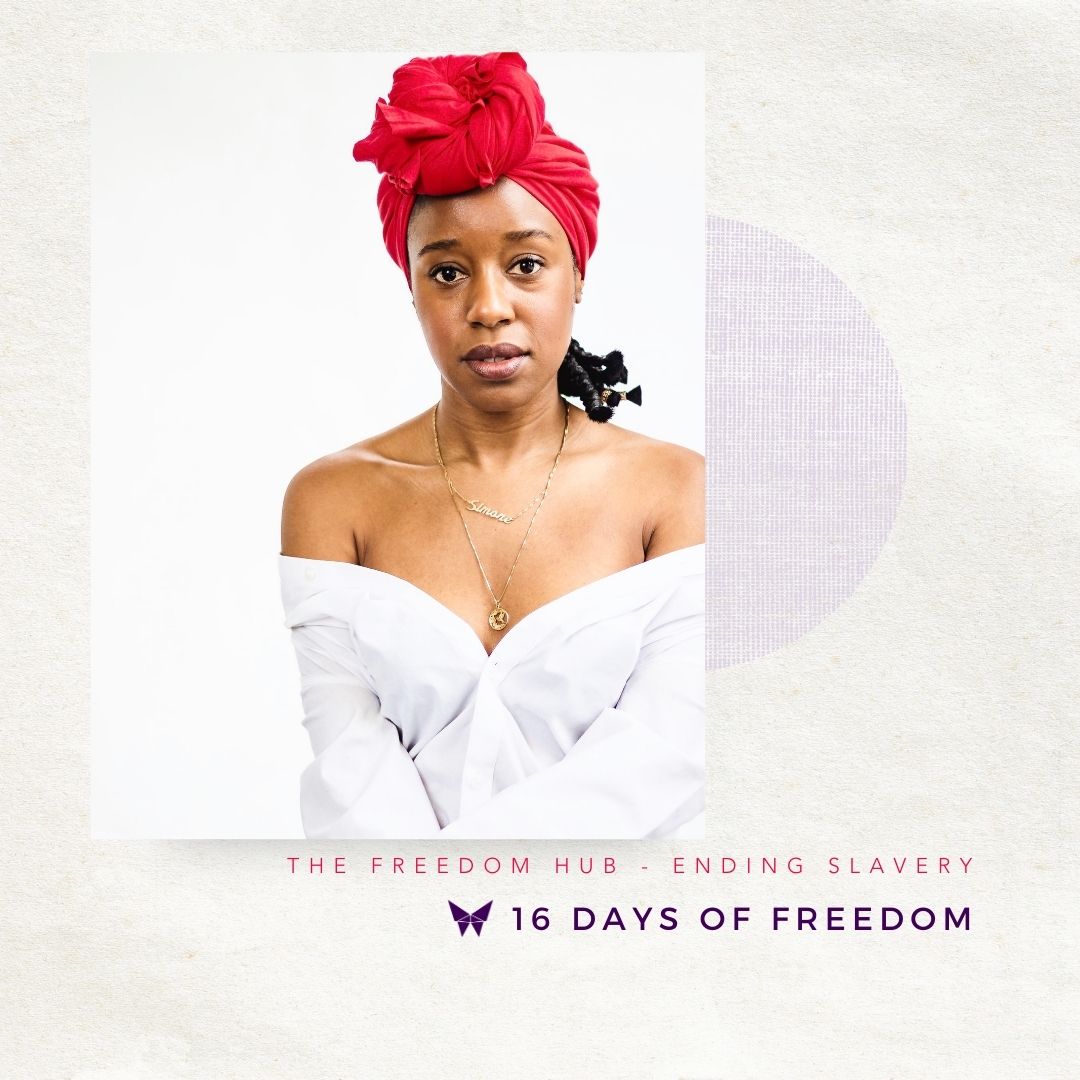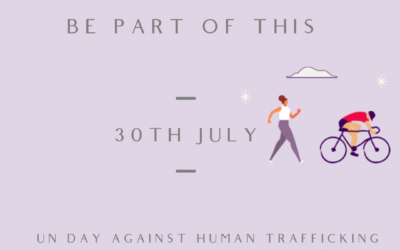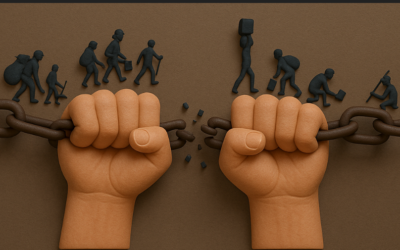Today is International Day for the Abolition of Slavery, December 2
It is an interesting concept the “Abolition” of Slavery, given we still have slavery today.
In days gone by slavery was the legal ownership of a person. So slavery, was condition in which one human being was purchased and owned legally by another person. Therefore, a slave was considered by law as property. And they were usually deprived of most of the rights ordinarily held by free persons.
The Abolition of slavery happened over a period of time. Britain abolished slavery throughout its empire by the Slavery Abolition Act 1833 (with the notable exception of India). The French colonies re-abolished it in 1848. And the U.S. abolished slavery in 1865 with the 13th Amendment to the U.S. Constitution. The last country to abolish slavery was Mauritania. And that happened in 1981, nearly 120 years after Abraham Lincoln issued the Emancipation Proclamation in the United States.
Today, the 2 December, marks the date of the adoption, by the General Assembly, of the United Nations Convention for the Suppression of the Traffic in Persons and of the Exploitation of the Prostitution of Others (resolution 317(IV) of 2 December 1949). The main focus of this day of abolition is on eradicating contemporary forms of slavery. Read more here.
‘Slavery is no longer defined by legal ownership of a person, but by illegal control’. (1)
Contemporary Slavery
Contemporary slavery creates $200 billion dollars in illegal profits. Because a person can be used over and over again, as opposed to drugs, it is the fastest growing business in the world. Also it has many forms. These include forced marriage, human trafficking, exploitative child labour, debt bondage, forced marriage, sexual exploitation and the forced recruitment of children for armed conflict. One of the problems we have measuring it is the there is no universal definition for it. And as a result, every country has its own measure of what slavery is which can be vastly different to what our Western culture see as human rights.
‘Modern Slavery can arise at anytime and in any place where people are willing to trick or coerce vulnerable people into exploitive working conditions without viable alternatives.’ (1)
According to the International Labour Organisation (ILO) more than 40 million people worldwide are victims of modern slavery. Astonishingly, more than 150 million children (International Programme on the Elimination of Child Labour and Forced Labour) are subject to child labour, accounting for almost one in ten children around the world.
“It’s absolutely unacceptable, cruel and illegal that 70 years after the Universal Declaration of Human Rights and 30 years after the Convention on the rights of the Child, that nearly 300million children work. This must change and it must change now”
Fernando Morales de la Cruz
United Nations 2020 Facts and Figures:
- An estimated 40.3 million people are in modern slavery, including 24.9 million in forced labour and 15.4 million in forced marriage.
- There are 5.4 victims of modern slavery for every 1,000 people in the world.
- 1 in 4 victims of modern slavery are children.
- Out of the 24.9 million people trapped in forced labour, 16 million people are exploited in the private sector such as domestic work, construction or agriculture; 4.8 million people in forced sexual exploitation, and 4 million people in forced labour imposed by state authorities.
- Women and girls are disproportionately affected by forced labour, accounting for 99% of victims in the commercial sex industry, and 58% in other sectors.
These shocking statistics show that there are more slaves in the world now than there has ever been throughout all of history, and those numbers are only growing. As slavery is now more rampant now than ever, we, all of us, need to take this seriously and act.
Why does it still exist?
There is no short answer to this. So many factors are involved. These include the poor and the impoverished seeking to escape their circumstances. The many migrants fleeing war zones, droughts or tyrants and therefore being vulnerable to traffickers offering jobs. Businesses on the treadmill of having to make more and more profits for their shareholders and stake holders thus cutting labour costs where ever they can. Governments, hesitancy to interfere with ‘free trade’ and therefore not placing penalties on business expecting them to do the right thing. Consumers, looking for bargains and demanding a better price without thinking about the lives involved in making their goods.
What can we do?
Our slogan at the Freedom Hub is #smallchangebigeffect
The problem is so big it is too easy to be overwhelmed and not bother. But if we ALL do something no matter how small we can have an effect.
Here is how we can help Abolish Modern Slavery:
1. Make a small change, in how we shop, where we invest our money, and what businesses we support can make a huge difference.
2. Be informed. Read, learn, talk to family and friends about these statistics and where slavery is hidden.
3. Find out how slaves you have working for you and work to reduce that. You can do that here.
4. Listen to this podcast: The Dirty Business of Modern Slavery
5. Do a short e-course on Modern Slavery. Do that here.
6. Get your work place thinking about the risk of slavery in their supply chains. Read more here.
7. Simply sharing these articles during 16 Days of Freedom will raise awareness. And awareness helps create change.
Reference: (1) Addressing Modern Slavery – Justine Nolan and Matijn Boersma
Tomorrows Article: Why are Women and Children more Vulnerable to Modern Slavery?
Help raise awareness that this is happening in our country by hitting the ‘share’ button.
ABOUT 16 DAYS OF FREEDOM
Thank you for your part in this 16 Days of Freedom. We cannot change culture without awareness so please share this post with your friends. Here are the hashtags for your share: #16daysoffreedom #freedomhuborg #womensrights #orangetheworld
16 Days of Freedom is a campaign we are running to align with the UN awareness campaign United Nations’ UNiTE campaign on gender violence against women and girls. As a result we are focussing on abuse of women and girls through the lens of modern slavery.
So for 16 days we will post a story to highlight the issue. To end the 16days we invite you to come to or host a Festive High Tea for Human Rights. These will be held on or near the UN Human Rights Day on the 10th December.
You can join our High Tea in Waterloo, Sydney, by clicking HERE.
Or you can Host your own High Tea by registering HERE and we will send you an information and fact sheet to read or distribute to your guests.
THANK YOU FOR TAKING THE TIME TO READ OUR BLOG (Please review it or share it with others).
–
Join our Community
If you would like to support a survivor or our work, donate here. (tax deductible)
Would you like to volunteer? contact us here.
Or if you would like to get our monthly up date, opt in here.
–
Other blogs you might enjoy:
Inside the Mind of a Slavery Survivor
Convicted of Forced Labour in Victoria Australia




